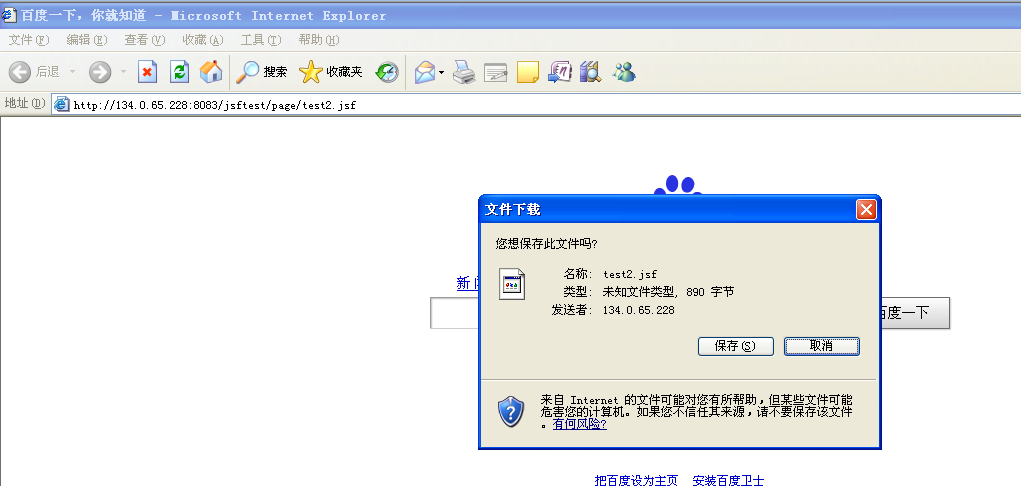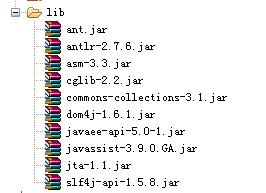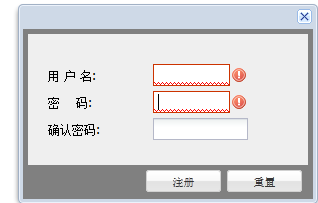Android NDK开发(1)----- Java与C互相调用实例详解
一、概述
对于大部分应用开发者来说可能都不怎么接触到NDK,但如果涉及到硬件操作的话就不得不使用NDK了。使用NDK还有另一个原因,就是C/C++的效率比较高,因此我们可以把一些耗时的操作放在NDK中实现。
关于java与c/c++的互相调用,网上有一大堆的文章介绍。但仔细观察可以发现,基本都是讲在java中调用一个本地方法,然后由该本地方法直接返回一个参数给java(例如,在java中定义的本地方法为private int callJNI(int i))。但在大多数时候要求的并不是由开发者在java层主动去调JNI中的函数来返回想要的数据,而是由JNI主动去调java中的函数。举个最简单的例子,Android中的Camera,图像数据由内核一直往上传到java层,然而这些数据的传递并不需要开发者每一次主动去调用来JNI中的函数来获取,而是由JNI主动传给用java中方法,这类似于Linux驱动机制中的异步通知。
二、要求
用NDK实现Java与C/C++互调,实现int,string,byte[]这三种类型的互相传递。
三、实现
下面的实现中,每次java调用JNI中的某个函数时,最后会在该函数里回调java中相应的方法而不是直接返回一个参数。可能你会觉得这不还是每次都是由开发者来主动调用吗,其实这只是为了讲解而已,在实际应用中,回调java中的方法应该由某个事件(非java层)来触发。
新建工程MyCallback,修改main.xml文件,在里面添加3个Button,分别对应3种类型的调用和3个TextView分别显示由JNI回调java时传给java的数据。完整的main.xml文件如下:
1 <?xml version="1.0" encoding="utf-8"?>
2 <LinearLayout xmlns:android="http://schemas.android.com/apk/res/android"
3 android:layout_width="fill_parent"
4 android:layout_height="fill_parent"
5 android:orientation="vertical" >
6
7 <Button
8 android:id="@+id/intbutton"
9 android:layout_width="fill_parent"
10 android:layout_height="wrap_content"
11 android:text="传给JNI一个整数1"
12 />
13
14 <TextView
15 android:id="@+id/inttextview"
16 android:layout_width="fill_parent"
17 android:layout_height="wrap_content"
18 android:text="接收到的整数:"
19 />
20
21 <Button
22 android:id="@+id/stringbutton"
23 android:layout_width="fill_parent"
24 android:layout_height="wrap_content"
25 android:text="传给JNI一个字符A"
26 />
27
28 <TextView
29 android:id="@+id/stringtextview"
30 android:layout_width="fill_parent"
31 android:layout_height="wrap_content"
32 android:text="接收到的字符:"
33 />
34
35 <Button
36 android:id="@+id/arraybutton"
37 android:layout_width="fill_parent"
38 android:layout_height="wrap_content"
39 android:text="传给JNI一个数组12345"
40 />
41
42 <TextView
43 android:id="@+id/arraytextview"
44 android:layout_width="fill_parent"
45 android:layout_height="wrap_content"
46 android:text="接收到的数组:"
47 />
48
49
50 </LinearLayout>
修改MyCallbackActivity.java文件,定义了一个Handler,当JNI回调java的方法时,用来发送消息;实现3个Button的监听。如下:
1 package com.nan.callback;
2
3 import android.app.Activity;
4 import android.os.Bundle;
5 import android.os.Handler;
6 import android.os.Message;
7 import android.view.View;
8 import android.widget.Button;
9 import android.widget.TextView;
10
11
12 public class MyCallbackActivity extends Activity
13 {
14 private Button intButton = null;
15 private Button stringButton = null;
16 private Button arrayButton = null;
17 private TextView intTextView = null;
18 private TextView stringTextView = null;
19 private TextView arrayTextView = null;
20
21 private Handler mHandler = null;
22
23
24 /** Called when the activity is first created. */
25 @Override
26 public void onCreate(Bundle savedInstanceState)
27 {
28 super.onCreate(savedInstanceState);
29 setContentView(R.layout.main);
30
31 intButton = (Button)this.findViewById(R.id.intbutton);
32 //注册按钮监听
33 intButton.setOnClickListener(new ClickListener());
34 stringButton = (Button)this.findViewById(R.id.stringbutton);
35 //注册按钮监听
36 stringButton.setOnClickListener(new ClickListener());
37 arrayButton = (Button)this.findViewById(R.id.arraybutton);
38 //注册按钮监听
39 arrayButton.setOnClickListener(new ClickListener());
40
41 &n
补充:移动开发 , Android ,




